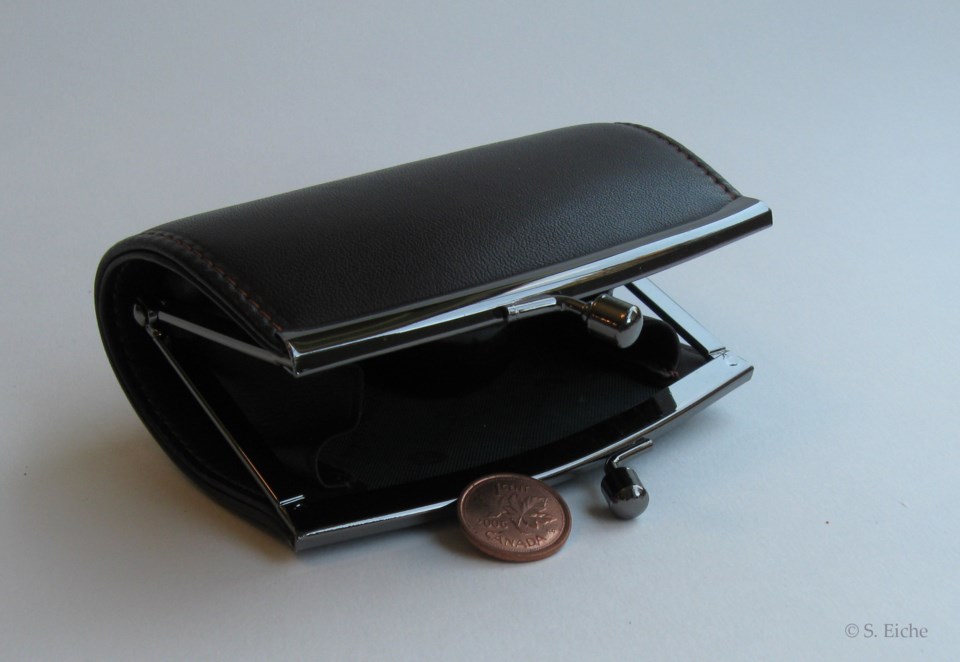Every day on the news I hear about people who don’t know how to weather the current financial storm. Interest rates have gone up for the 10th time this year. Mortgages and credit card debt payments are pushing people to the brink of financial ruin. Rents are sky-high. Searching for affordable housing can at times feel as hopeless as searching for the tomb of Genghis Khan. Some people say they can’t manage to feed their family anymore. They say they have to choose between food for the family or fuel for the car.
Various bits of advice are being handed out by “experts” – buy less meat; keep your old car, don’t update to the latest model; don’t buy new clothes; forego the vacation abroad. Actually, these deprivations should make us rejoice, because it turns out that the less we spend, the more our planet benefits. Our carefree lifestyle of the last few decades has caused unspeakable damage to the environment. And right now we’re paying to try to repair that damage as much as possible, always hoping that we’re not too late.
If we really want to change our habits and attitudes we should begin with what we eat and how we cook, since it’s part of our daily routine. It’s also the easiest to modify. We can, for instance, stop buying unhealthy snacks, which unfortunately abound in grocery stores – I counted over 150 different kinds of potato chips on the Save-On website. We can also stop wasting food. A recent piece in the Washington Post reports that “households are the largest source of food waste in most higher-income countries, with homes responsible for about 37 percent of the uneaten food in the United States.” In October 2022, Richmond News published an article about innovations in reducing agricultural food waste at farms in our region.
Suggestions for how to use up all our food (and we can make it easier by not overbuying in the first place) have been filling pages since printing began, practically. Household books and cookbooks from 500 years ago make it clear that it was once considered the norm to use up what we already have. I’ve shared pointers on the subject of zero food waste in at least two columns for this paper –in June 2013, and in June 2019. As an Italian celebrity chef suggested, we can use the imperfect or damaged parts of vegetables for soup, or put them through the blender with other ingredients to make a condiment for fish or poultry or even pasta. By not wasting a scrap we’re saving money and benefiting the planet.
Last month The Guardian ran an article divulging the tips of 20 UK chefs for the budget-conscious home cook. I found a few with which I was familiar: cooking extra portions and freezing them for future meals; saving the brine from jars of pickles to use for pickling other vegetables (beets, in my case). Some tips definitely intrigued me: using leftover parmesan rinds to impart a strong savoury flavour to sauces and soups; adding oil to the "empty" jars of mayonnaise, mustard, relish, etcetera, and shaking well – it makes a delicious dressing and lets us get every last bit out of the jar before recycling. The article didn’t mention something I’ve been doing for years: save the cooking water from potatoes (I always freeze it in 250 ml jars) to use for cooking rice or baking bread; and save the cooking water from all vegetables to use in soups, sauces, or again for rice. I’ve also enjoyed it as a tasty and nourishing drink, to which I add a drizzle of olive oil.
Financial difficulties can challenge us to become more imaginative, inventive, and conscientious, which can help us to ask not what the earth can do for us, but what we can do for the earth (to slightly misquote John F. Kennedy).
Sabine Eiche is a local writer and art historian with a PhD from Princeton University. She is passionately involved in preserving the environment and protecting nature. Her columns deal with a broad range of topics and often include the history (etymology) of words in order to shed extra light on the subject.



